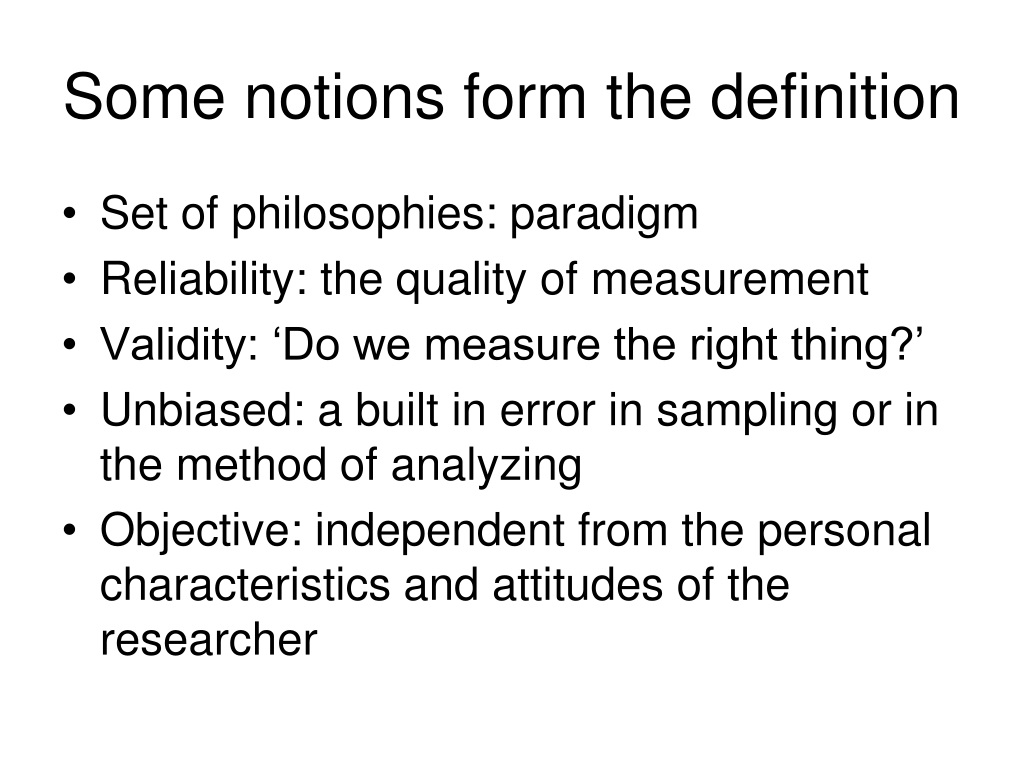


LEGAL NOTION DEFINITION HOW TO
However, the issue of how to define a ‘consumer’ has been described as both complex and sensitive since defining the scope of protection may reveal the entire rationale underpinning the wider consumer protection law. Further, the legal notion of a ‘consumer’ is such a critical concept because only those who fall within the definition have the legal standing to bring a claim under specific consumer protection laws if they are left with defective, fake, or dangerous goods or services.

6 The UN Guidelines contain a broad definition of a ‘consumer’ on whom these rights should be bestowed under Guideline 3: ‘For the purpose of these guidelines, the term “consumer” generally refers to a natural person, regardless of nationality, acting primarily for personal, family or household purposes, while recognising that Member States may adopt differing definitions to address specific domestic needs.’ Thus, within this general guidance, it is left to each specific legislature to define the notion of a ‘consumer’ that will apply in their specific jurisdiction.Ĭlearly, the legal protection offered to a ‘consumer’ goes beyond that offered to contractual parties under the usual laws of contract. For example, the 1985 United Nations Guidelines on Consumer Protection (UN Guidelines) 5 outline various basic consumer rights and have frequently been used as an exemplar for the drafting of consumer laws in many countries around the world. Although more than 50 years have passed since the accepted emergence of modern consumer protection law, 4 the notion of a ‘consumer’ as a legal and philosophical construct has never been clearly and coherently defined. The issue of clearly defining who can make a claim under specific consumer protection measures is not a problem that China alone faces. Consequently, cases in which the consumer claimant is seeking to claim such statutory punitive damages will be a central focus of this article. The definition of a ‘consumer’ found in Article 2 of the Consumer Protection Law is also highly significant because of the availability of statutory punitive damages under Article 55 of the 2013 Consumer Protection Law 3 for those individuals who do qualify as ‘consumers’ and are supplied with goods or services by a business operator engaged in fraudulent activities-for example, an operator engaged in selling fake or counterfeit products. 2 The definition of ‘consumer’ found in Article 2 has been subject to criticism as it is vague and can be difficult to apply to real-life situations.Īs will be discussed in the next section, this definition is also at odds with the notion of a ‘consumer’ found in the consumer protection laws of many other countries that frequently follow the models set by the United States of America (USA) and the European Union (EU). 1 However, the definition of ‘consumer’ found in Article 2 remained unaltered: ‘hen a consumer purchases or uses goods or receives services for the needs of daily consumption, their rights and interests are protected by this Law.’ Article 62 also provides that the Consumer Protection Law should apply to peasants who purchase means of production directly for agricultural use. The key national-level consumer protection law in China (Law of the People’s Republic of China on the Protection of Consumers’ Rights and Interests ) was first promulgated in 1993 and was substantially amended in 2013. Thus, this detailed analysis of the legal notion of a ‘consumer’ in China offers a unique and powerful insight into the wider role of consumers within the Chinese legal system. The article will then consider the delicate balance that the courts in China are attempting to strike between encouraging consumer claimants to pursue fraudulent traders and yet discouraging consumers from exploiting the punitive damages provisions of the Consumer Protection Law. This article will discuss the Chinese legislative definition of a ‘consumer’ from a comparative perspective before considering how this notion has been applied by the courts, by analysing several guiding cases issued by China’s Supreme People’s Court and judgments in which reasons given in the guiding cases have been subsequently applied. The notion of ‘consumer’ in Article 2 of the People’s Republic of China (PRC)’s Consumer Protection Law has been subject to criticism as it is vague, can be difficult to apply to real-life situations, and is also at odds with the notion of a ‘consumer’ found in other jurisdictions around the world.


 0 kommentar(er)
0 kommentar(er)
